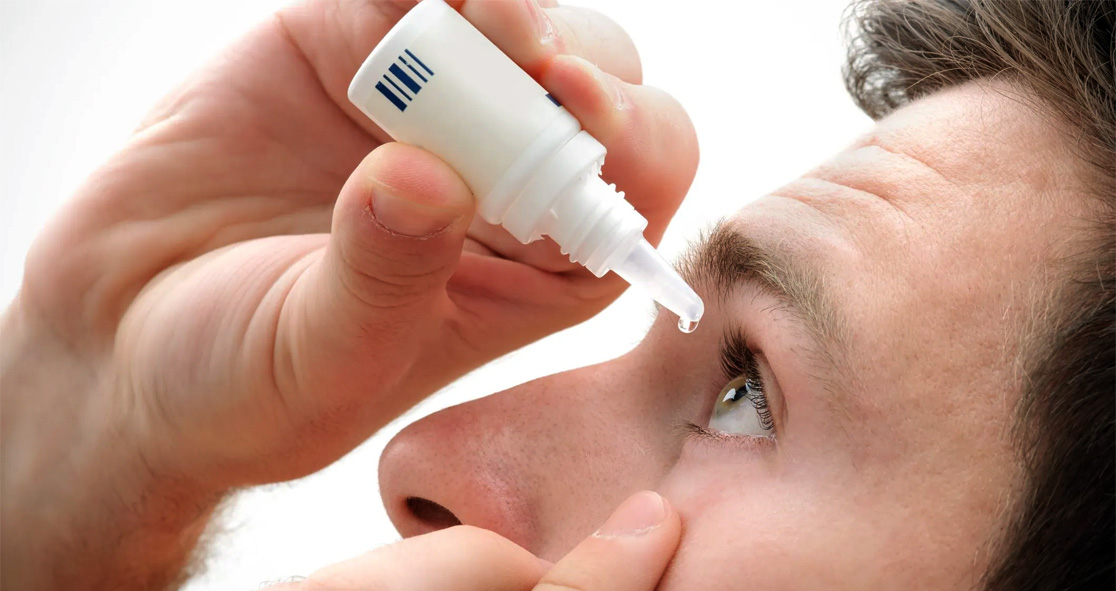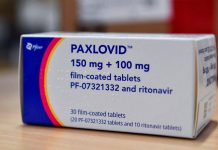Dry eye disease is one of the common conditions associated with a deficiency in tears. It occurs when your tears are not able to provide enough lubrication for your eyes.
People with dry eyes may fail to produce enough tears or produce poor-quality tears. This deficiency of tear leads to inflammation and damages the eye’s surface. Symptoms of dry eyes include itchy eyes, redness, stinging and tired eyes.
Treatments typically include lubricating the eyes with eye gels or drops. And there are many options for dry eyes, which are available as over-the-counter (OTC) or prescription drugs. Lubricants for dry eyes can make you more comfortable. However, you must see an ophthalmologist first to rule out any underlying medical condition.
Popular Generic Drugs for Dry Eyes
- Cyclosporine
(Generic Restasis): Belonging to the class of drugs called CNI
immunosuppressants, cyclosporine increases tear production in patients with dry
eyes caused by inflammation. Generic Restasis is slightly more popular than
other dry eye drugs.
- Lifitegrast
(Generic Xiidra): It is an LFA-1 antagonist that is used for the treatment
of dry eyes. It may cost you up to $598, according to GoodRx.
- Artificial
Tears: They act like demulcents that are often used to treat dry eyes.
There are a few generic alternatives for artificial tears. It is quite
affordable. It costs you up to $7.
- Lacrisert:
It is another demulcent used to treat dry eye. Lacrisert is expensive. It
comes at a price of $570.
- Freshkote
PF: It is yet another demulcent used to treat dry eye. There is currently
no generic Freshkote PF available.
- Loteprednol
(Generic Eysuvis): It is a corticosteroid that helps treat dry eyes. The
price of loteprednol is $472, according to GoodRx.
- Cequa: It is another CNI immunosuppressant containing cyclosporine, which treats dry eyes. It is less popular than other drugs. Currently, there are no generic versions of Cequa.
If left untreated, dry eyes could lead to complications such as eye infections and damage to the surface of the eyes. Without adequate secretion of tears, your eyes are at risk of infections. Severe or untreated dry eyes may lead to inflammation, corneal abrasion, corneal ulcers, and even vision impairment. So, make sure you see an ophthalmologist for proper treatment of dry eyes instead of self-treatment.























